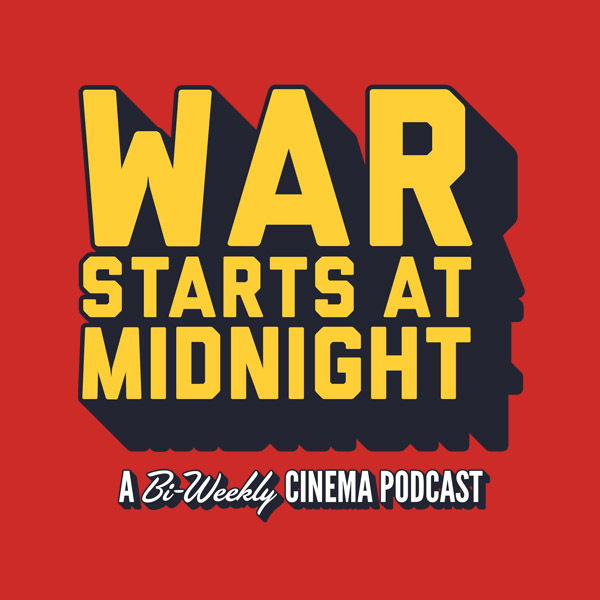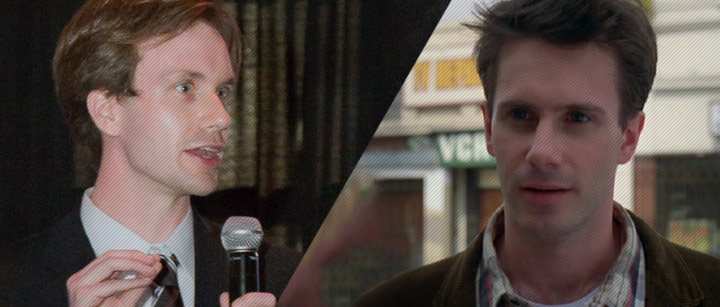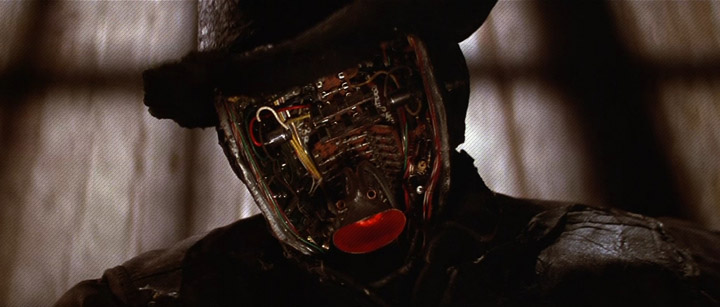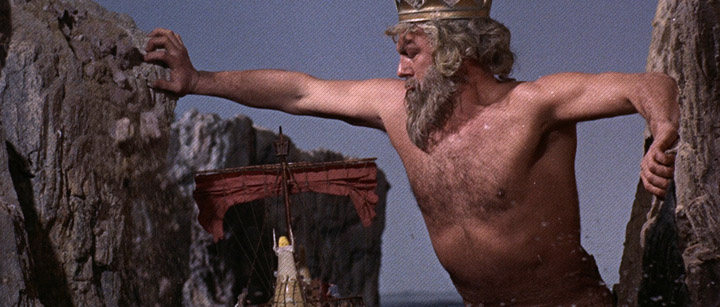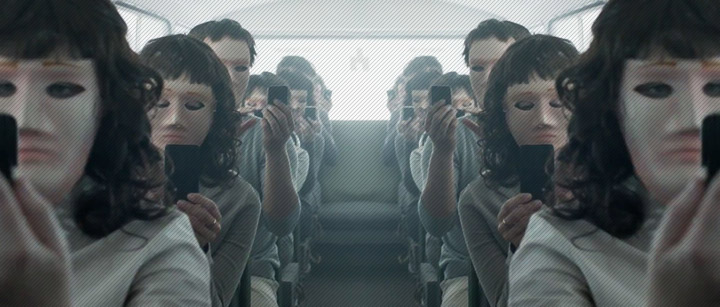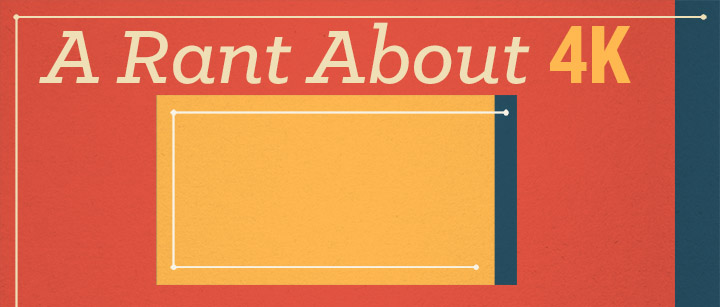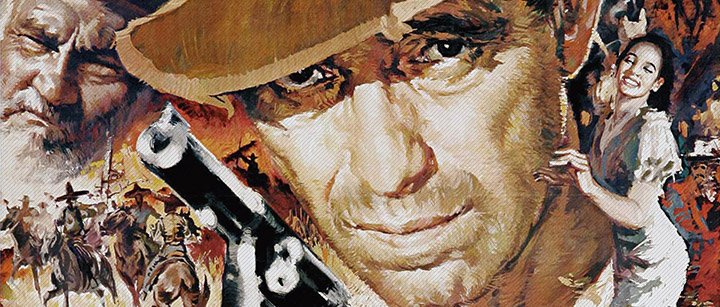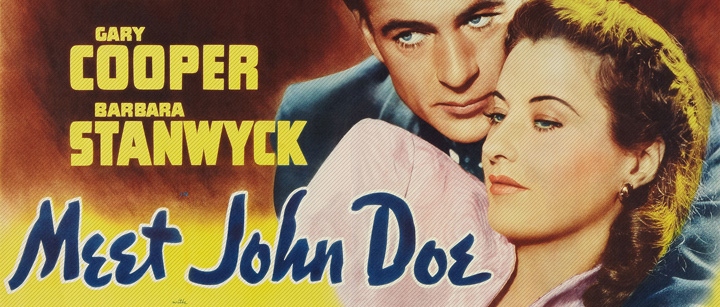Movies are a communal ritual.
Even in the age of Netflix, movies are at their core a gathering of different lives, different experiences, different human beings – all united by a shared love and need for stories.
Perhaps no community of movie lovers share a deeper bond with films than film students. After all, we don’t just watch movies – we live them, or try to. It’d be wrong to say it’s “making a living” because, lets face it, chances are likely most of us won’t make a dime from films – making them, or critiquing them. No, we choose films not to make a living, but to make a life.
Forgive the self-aggrandizement, but choosing Film Studies is an act of courage (or lunacy), particularly for us Millennials who started film school pre-recession and graduated post-recession. All of us have heard from those we love and trust “Oh, that’s sounds fun…but how are you going to make a living?” While our Engineering peers coasted on “C’s”, and now make six figures, we spent hours in college cooped up in an editing bay, not to make money, but to make something. Something with permanence, meaning, or simply joy.
One person who never questioned us was Professor Joseph Kestner, PhD – Founding Chair of the Film Studies Department at the University of Tulsa.
He didn’t question us – he inspired us.
Prof. Kestner was an English professor by training, and one of the nation’s foremost academic authorities on Sir Arthur Conan Doyle. Despite this, he believed that movies are our greatest storytelling medium. And he imbued that passion, that faith, in film into his students. His conviction in film, and his commitment to his film students, gave us courage. Yes, the road would be long and unwinding. Yes, the path would be dark and untrodden. But dammit, we didn’t get into film because it would be easy. We got into it because we love to tell stories.
Prof. Kestner passed away on Monday, August 24. While we will no longer hear his booming voice (seriously, that dude had some pipes on him), his words of encouragement will always be in the back of our minds anytime we pick up a camera, sit at a keyboard, or talk behind a mic.
The best way to remember a man who loved movies is to remember the movies he loved. These are the words of his students, and the films that most remind us of our friend and mentor, Professor Joseph Kestner.
Continue reading
